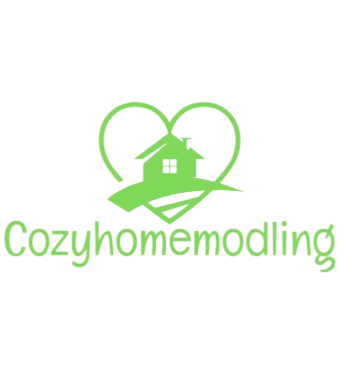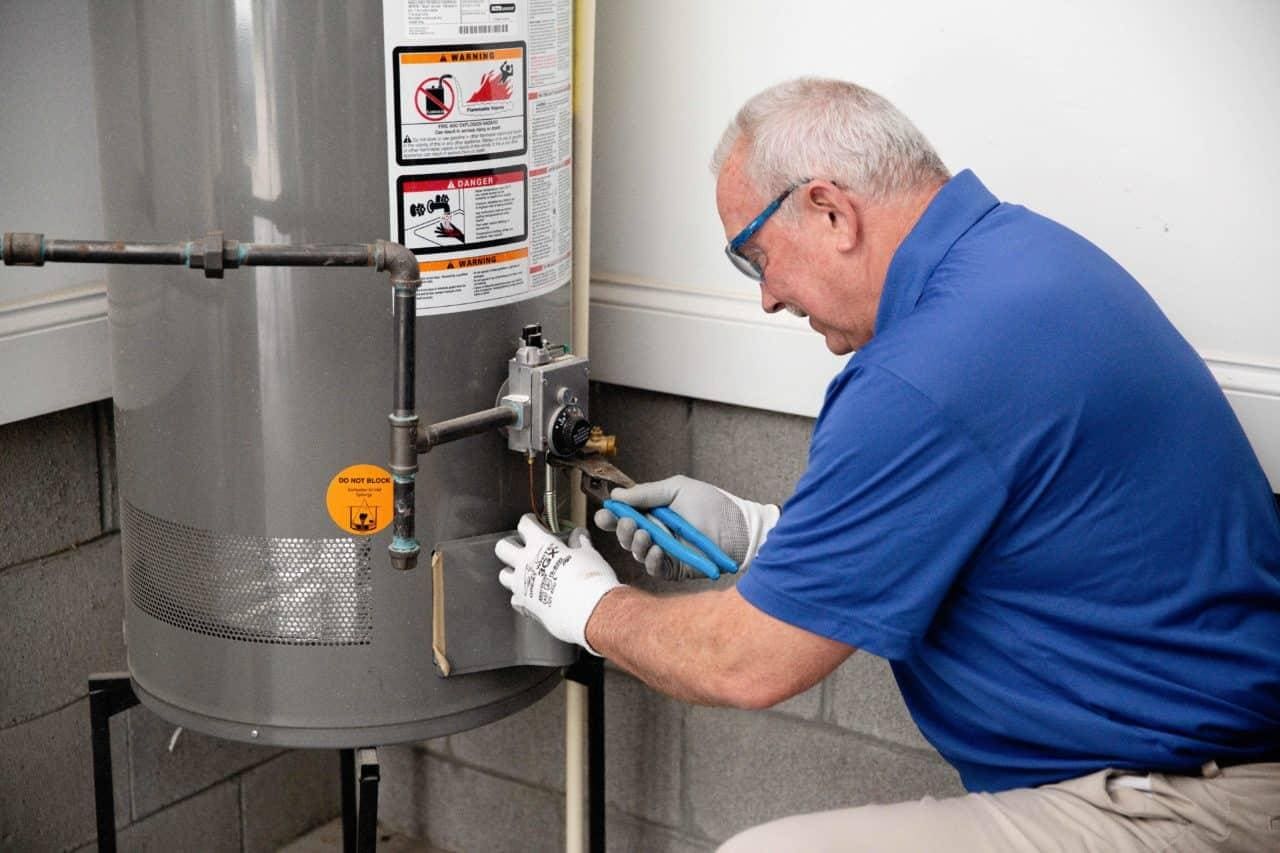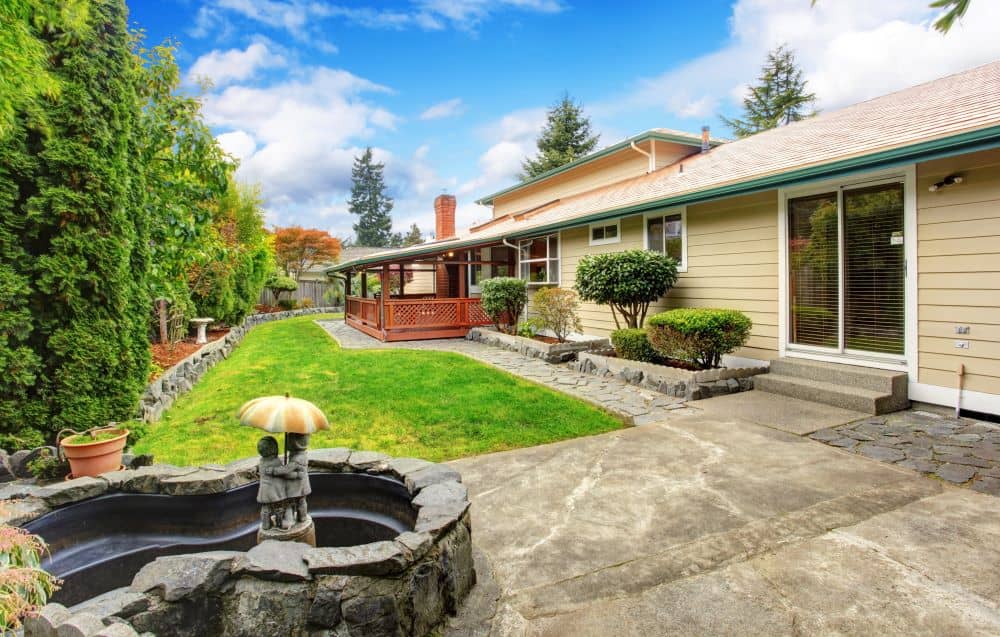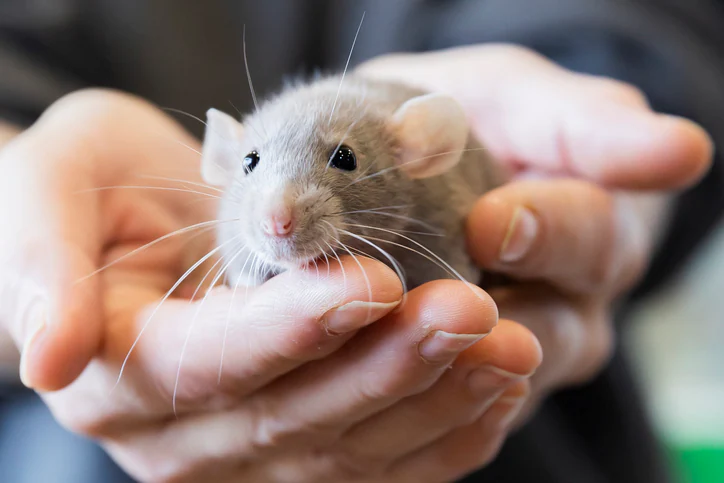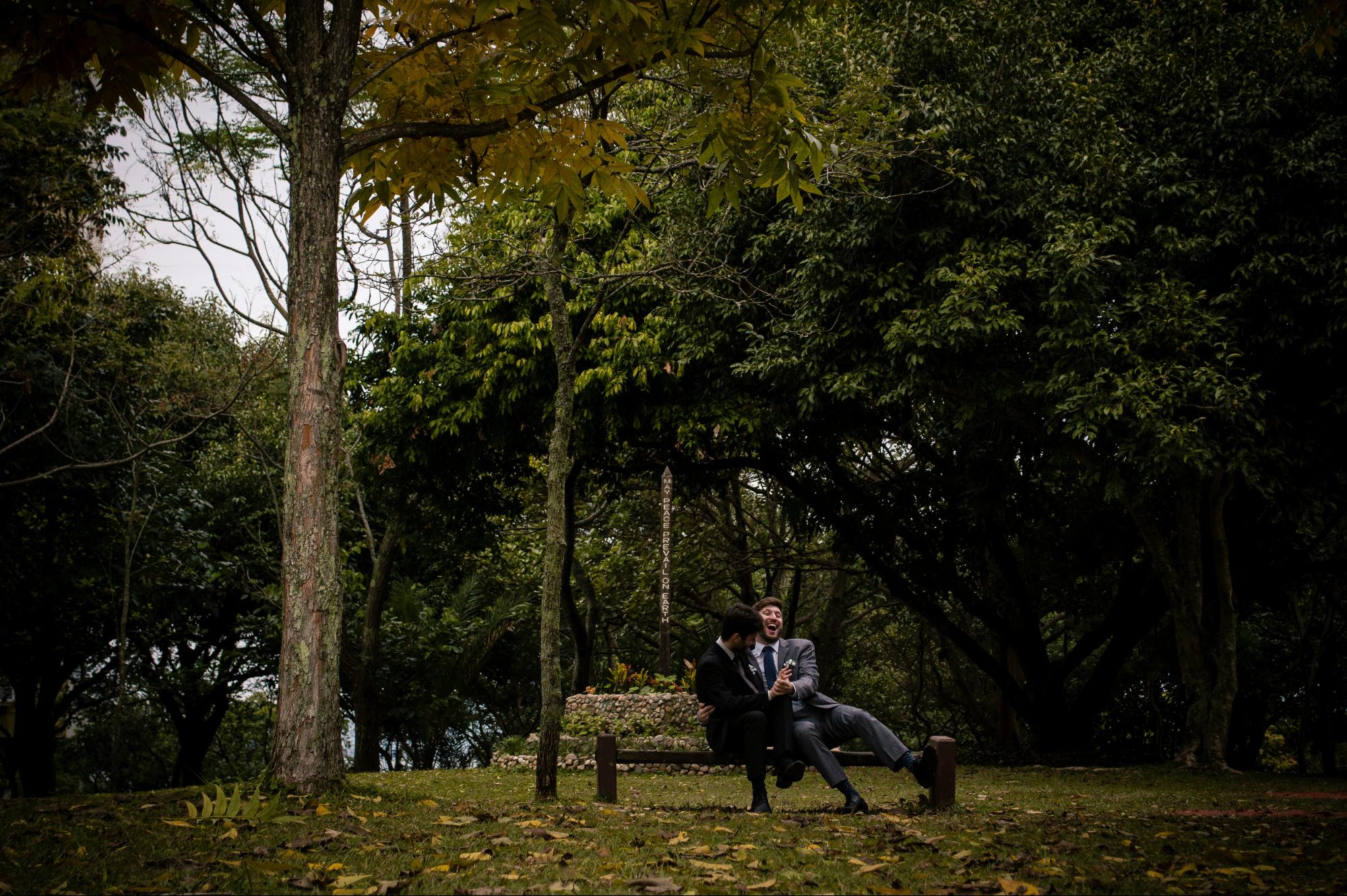Introduction:
A well-functioning water heater is crucial for providing hot water in our homes, but when strange noises start emanating from it, it can be concerning. These sounds can range from popping and cracking to rumbling and banging, indicating potential issues within the unit. In this article, we’ll delve into the common causes of these noises and explore possible solutions to help you address them effectively.
Understanding the Noises:
Before delving into solutions, it’s essential to understand the noises your water heater is making and what they might signify. Popping or crackling sounds typically indicate sediment buildup within the tank. As water heats up, minerals and debris accumulate at the bottom of the tank, causing the water to bubble and create these noises. Rumbling or banging noises, on the other hand, can indicate more serious issues, such as overheating or a buildup of pressure within the tank.
Causes of Strange Noises:
Sediment Buildup: Over time, minerals and debris in the water can settle at the bottom of the water heater tank, leading to sediment buildup.
Overheating: Excessive heat can cause water to expand rapidly, resulting in pressure buildup and rumbling noises.
Mineral Deposits: Minerals like calcium and magnesium can accumulate on heating elements or inside the tank, creating popping or cracking sounds as water heats up.
Loose Components: Loose heating elements, fittings, or valves can vibrate during operation, producing banging or rattling noises.
Solutions to Address the Issue:
Flushing the Tank: Flushing the water heater tank is an effective way to remove sediment buildup and restore efficient operation. To do this, turn off the power or gas supply to the water heater, connect a hose to the drain valve at the bottom of the tank, and drain several gallons of water until it runs clear.
Adjusting the Temperature: Lowering the temperature setting on the thermostat can help prevent overheating and reduce pressure buildup within the tank, minimizing rumbling noises.
Insulating Pipes: Wrapping exposed hot water pipes with insulation can help reduce heat loss and prevent expansion-related noises.
Tightening Loose Components: Check for loose heating elements, fittings, or valves and tighten them as needed to prevent vibration and rattling noises.
When to Seek Professional Help:
While some water heater noises can be addressed with DIY solutions, others may require professional intervention. If you’re unsure about the cause of the noises or if they persist despite troubleshooting attempts, it’s crucial to seek the expertise of a licensed plumber. A professional plumber can accurately diagnose the issue, perform any necessary repairs, and ensure the continued safety and efficiency of your water heater.
Conclusion:
Strange noises emanating from your water heater can be unsettling, but understanding the causes and implementing appropriate solutions can help alleviate the problem. Whether it’s sediment buildup, overheating, or loose components causing the noises, taking proactive steps to address the issue can prevent further damage and prolong the lifespan of your water heater. However, if you’re unable to resolve the problem on your own or if you have concerns about the safety of your water heater, don’t hesitate to contact a trusted plumber for expert assistance.
